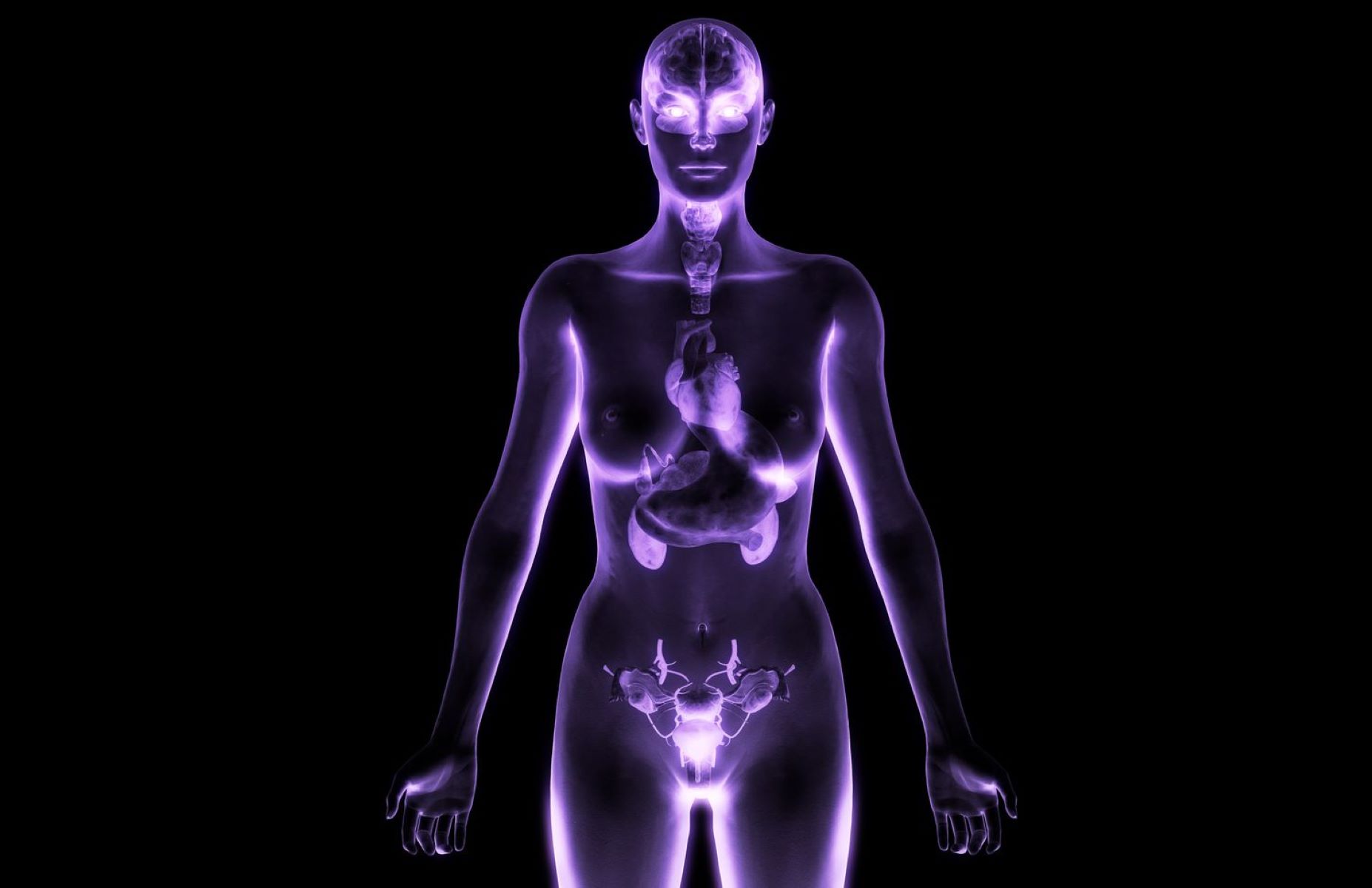
Does the Mosaic covenant still apply to Jews while the New Covenant is only for non-Jews? This question lies at the heart of dual-covenant theology, a concept that suggests two separate paths to salvation: one for Jews through the Mosaic covenant and another for non-Jews through Jesus Christ. This idea has sparked intense debate among theologians and religious communities. Critics argue it contradicts New Testament teachings, while supporters believe it respects the unique relationship between God and the Jewish people. Understanding dual-covenant theology requires diving into its historical context, scriptural basis, and the various perspectives that shape this controversial topic.
Understanding Dual-Covenant Theology
Dual-covenant theology is a fascinating yet controversial topic within Christian theology. This belief system suggests that the Mosaic covenant remains valid for Jews while the New Covenant, established through Jesus Christ, applies to non-Jews or gentiles. Let's dive into 20 key facts about this intriguing theological perspective.
-
Definition: Dual-covenant theology posits that the Mosaic covenant, given to the Israelites through Moses, remains in effect for Jews, while the New Covenant, established through Jesus Christ, is applicable to non-Jews or gentiles.
-
Historical Context: This theological stance emerged to address the historical and theological issues surrounding the relationship between Christianity and Judaism. It seeks to answer whether Jews need to convert to Christianity to be saved.
-
Criticism: Many Christian theologians and denominations, including Catholics and Evangelical Protestants, criticize dual-covenant theology. They argue it contradicts New Testament teachings and the exclusivity of salvation through Jesus Christ.
The Catholic and Protestant Perspectives
Different Christian denominations have varying views on dual-covenant theology. Here’s how Catholics and Protestants approach it.
-
Catholic Position: The Catholic Church does not support dual-covenant theology. The Vatican has explicitly stated that the covenant with Israel is still valid but does not imply that Jews do not need Jesus or the Church for salvation.
-
Protestant Views: Many Protestant theologians, including Evangelical leaders like Jerry Falwell, have rejected dual-covenant theology, emphasizing the exclusivity of salvation through the Gospel of Christ.
Dual-Covenant Theology vs. Replacement Theology
Dual-covenant theology and replacement theology offer contrasting views on the relationship between Christianity and Judaism.
- Dual-Covenant Theology vs. Replacement Theology: While dual-covenant theology suggests that the Mosaic covenant remains valid for Jews, replacement theology posits that God has rejected the Jews as His chosen people and replaced them with the Church. Dual-covenant theology is seen as the opposite error of replacement theology.
Scriptural Basis and New Testament Teachings
The Bible plays a crucial role in shaping theological perspectives. Let’s explore how dual-covenant theology aligns or conflicts with scripture.
-
Scriptural Basis: Proponents of dual-covenant theology often cite biblical passages such as Genesis 17:13, which speaks of an everlasting covenant between God and Abraham, to support their argument. However, critics argue that these passages do not imply a separate covenant for Jews.
-
New Testament Teachings: The New Testament emphasizes Jesus as the Messiah of Israel and the exclusive mission of Jesus to the Jews (Matthew 15:24). This contradicts the idea that Jews can be saved through the Mosaic covenant alone.
Early Christian Mission and Apostle Paul’s Teachings
The early Christian mission and Apostle Paul’s teachings provide insights into the universal applicability of the Gospel.
-
Early Christian Mission: The early Christian mission was directed exclusively to the Jews, as seen in Acts 2-4 and 7. This mission was based on the belief that Jesus was the fulfillment of Jewish prophecies.
-
Apostle Paul’s Teachings: Apostle Paul wrote in Romans 1:16 that the Gospel is the power of God for salvation to everyone who has faith, to the Jew first and also to the Greek. This passage underscores the universal applicability of the Gospel, not just to Jews.
Jewish Salvation and the Catholic Catechism
The question of Jewish salvation and the Catholic Catechism’s stance on dual-covenant theology are critical aspects to consider.
-
Jewish Salvation: Dual-covenant theology suggests that Jews can be saved by observing the Mosaic Law, which is not sufficient for salvation according to the New Testament and Catholic teachings. The Torah can be meritorious for Jews, but it is not a path to salvation.
-
Catholic Catechism: The Catholic Catechism initially stated that the covenant with the Jewish people through Moses remains eternally valid for them. However, this statement was later removed due to concerns that it could be misconstrued as implying a separate path to salvation for Jews.
Vatican’s Stance and Protestant Rejection
The Vatican and many Protestant leaders have clear positions on dual-covenant theology.
-
Vatican’s Stance: The Vatican has clarified that the covenant with Israel is part of God’s plan, but it does not exclude the need for Jews to accept Jesus Christ for salvation. The revised Catechism emphasizes that the Jewish people belong to the sonship, glory, covenants, and promises of God.
-
Protestant Rejection: Many Protestant leaders have rejected dual-covenant theology, emphasizing the exclusivity of salvation through faith in Jesus Christ. They argue that this theology undermines the universal mission of the Gospel.
Theological Implications and Historical Development
Dual-covenant theology has significant theological implications and a rich historical development.
-
Theological Implications: Dual-covenant theology has significant theological implications, including the potential for a separate understanding of salvation for Jews and gentiles. This can lead to confusion and misinterpretation of biblical teachings.
-
Historical Development: The concept of dual-covenant theology has evolved over time, influenced by historical events and theological debates. It has been a subject of discussion in Jewish-Christian dialogue, particularly since World War II.
Replacement Theology Critique and Cultural Contexts
Understanding the critique of replacement theology and the cultural contexts of dual-covenant theology is essential.
-
Replacement Theology Critique: Dual-covenant theology is seen as a response to the critique of replacement theology. While replacement theology is criticized for rejecting the Jewish people, dual-covenant theology is criticized for implying that Jews do not need Jesus or the Church for salvation.
-
Cultural and Historical Contexts: The development of dual-covenant theology is deeply rooted in cultural and historical contexts. It reflects the complexities of Jewish-Christian relations and the need for a nuanced understanding of biblical covenants.
Theological Consistency and Controversy
Theological consistency and controversy are central to the debate on dual-covenant theology.
-
Theological Consistency: Critics argue that dual-covenant theology lacks theological consistency with the New Testament teachings. The New Testament emphasizes the universal applicability of the Gospel, which contradicts the idea of separate covenants for Jews and gentiles.
-
Controversy and Debate: Dual-covenant theology remains a contentious issue within Christian theology, sparking debate and controversy among theologians and denominations. It highlights the ongoing challenges in understanding the relationship between Christianity and Judaism.
Final Thoughts on Dual-Covenant Theology
Dual-covenant theology suggests the Mosaic covenant remains valid for Jews while the New Covenant applies to gentiles. This idea has sparked debate among theologians and denominations. Critics argue it contradicts New Testament teachings and the universal mission of the Gospel. The Catholic Church and many Protestant leaders reject this theology, emphasizing salvation through Jesus Christ alone. Proponents cite biblical passages to support their views, but critics say these don't imply separate covenants for Jews. The Vatican acknowledges the covenant with Israel but stresses the need for Jews to accept Jesus for salvation. Dual-covenant theology highlights the complexities of Jewish-Christian relations and the need for a nuanced understanding of biblical covenants. Despite its intentions, it faces significant criticism and controversy, underscoring the ongoing challenges in reconciling these theological perspectives.
Was this page helpful?
Our commitment to delivering trustworthy and engaging content is at the heart of what we do. Each fact on our site is contributed by real users like you, bringing a wealth of diverse insights and information. To ensure the highest standards of accuracy and reliability, our dedicated editors meticulously review each submission. This process guarantees that the facts we share are not only fascinating but also credible. Trust in our commitment to quality and authenticity as you explore and learn with us.


